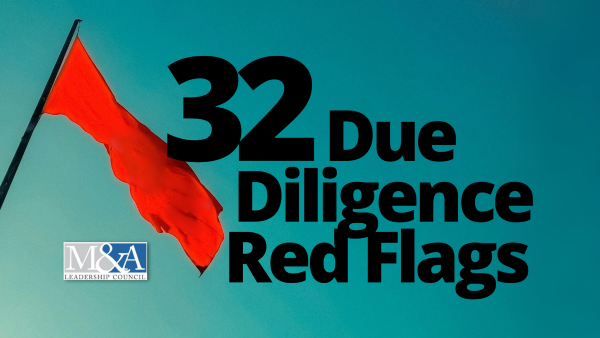Group Black Expresses Interest in Buying BET
When the cable giant Viacom bought Black Entertainment Television at the turn of the millennium for $2.34 billion, it made Robert L. Johnson, BET’s founder, the first Black billionaire in the United States.
Since then, the fortunes of cable TV have waned. Viewers have abandoned traditional television in droves, and Black-owned media organizations in the United States, which were already scarce, have continued to dwindle.
But in recent days, Paramount — as Viacom is now known — has begun to explore selling a major stake in BET and its sister network, VH1, attracting entrepreneurs who would return the network to Black ownership. Tyler Perry, the actor and director who created the popular “Madea” franchise, has expressed interest in a bid, as has Byron Allen, who owns the Weather Channel.
Now, a third suitor has emerged, according to three people with knowledge of the sale process. Group Black, a media company in Miami run by Black executives, has expressed interest in a bid with CVC Capital Partners, a private-equity firm based in Luxembourg with more than $100 billion under management. To round out its bid, Group Black, led by Travis Montaque, the chief executive, has begun reaching out to prominent Black businesspeople and artists to team up.
Talks to sell BET are still in their early stages, and Paramount may ultimately decide not to sell ownership of BET or VH1 to any of the companies. Paramount declined to comment for this article. The company’s chief executive, Bob Bakish, has said the company will not discuss sensitive dealmaking details publicly.
But the company is exploring a sale of ownership in BET and VH1 during a renewed push to support Black-owned and controlled media companies.
Inside the Media Industry
- Politico: Dafna Linzer, the executive editor of Politico, is stepping down from her role just a year after joining the company after disagreeing on strategy with the publication’s top editor.
- The Cost of a Movie Seat: As the film business changes rapidly, multiplexes are experimenting with pricing in ways that may seem shocking to theatergoers.
- Rupert Murdoch: The conservative media mogul acknowledged in a deposition in a $1.6 billion defamation lawsuit that several Fox News hosts promoted the false narrative that the 2020 election was stolen.
- Dropping ‘Dilbert’: Hundreds of newspapers across the country will stop running the comic strip after its creator, Scott Adams, said that Black people were “a hate group.”
“There’s real interest in having the independence to do the things that you want to do for your community and not having to answer to white people to do that,” said Lauren Williams, who started Capital B, a news nonprofit controlled by Black journalists, in January 2022.
Since BET sold to Viacom in 2000, the number of Black-owned media companies has fallen sharply, said Jeffrey Blevins, a professor at the University of Cincinnati who has researched the subject. In the 1990s, Washington lawmakers repealed a tax policy benefiting minority owners and passed a law that cleared the way for TV station groups to buy out their rivals. Numerous smaller minority-owned groups then sold to companies controlled by white executives.
Each known suitor for BET brings different strengths. Mr. Perry is a bold-face name with a track record of producing popular TV shows and movies for BET. Mr. Allen has experience operating traditional TV networks, and he could bundle them with his existing channels, which include Comedy.tv and Pets.tv.
Group Black has connections with potential advertisers on BET. Over the last two years, the company struck agreements with agencies to spend more than $500 million in advertising on its properties, according to two people with knowledge of the deals. The ad contracts are contingent on Group Black’s finding a suitable media partner; it recently submitted a bid to acquire Vice.
The Wall Street Journal reported earlier that Mr. Perry and Mr. Allen were interested in acquiring majority stakes in BET and VH1.
Like all cable networks, BET has been losing traditional TV viewership in recent years as viewers have turned to streaming services. According to Nielsen data, BET’s average daily audience has decreased about 20 percent since 2000. Its annual profit fell to $205 million last year from its peak of $319 million in 2013, according to data from S&P Global Market Intelligence. Those numbers do not include the BET+ streaming service or the network’s studio business.
Splitting BET and VH1 off from Paramount’s portfolio of cable networks defies the conventional wisdom of the traditional TV business. Corporations like Disney, NBCUniversal and Paramount have accumulated large portfolios of cable networks, betting that they can drive a harder bargain with cable providers if they have a wide variety of popular content. But cable providers might be reluctant to drop BET and VH1, even if they are not part of a large company, because the networks are among the few that cater to Black audiences.
Ms. Williams of Capital B said Black-owned media companies had a greater ability to connect to Black audiences and reinvest in the Black community.
“Black ownership is important in commercial enterprises,” she said, “because Black people should be profiting from Black products.”






